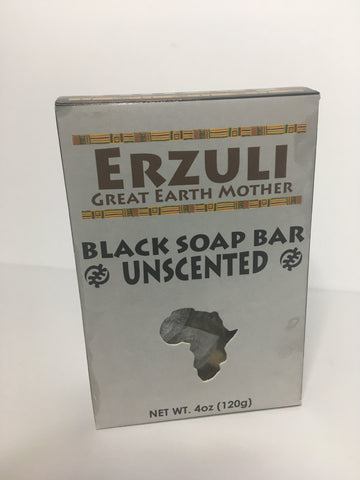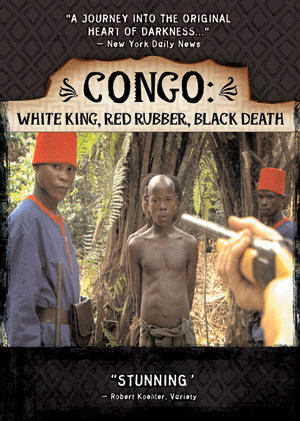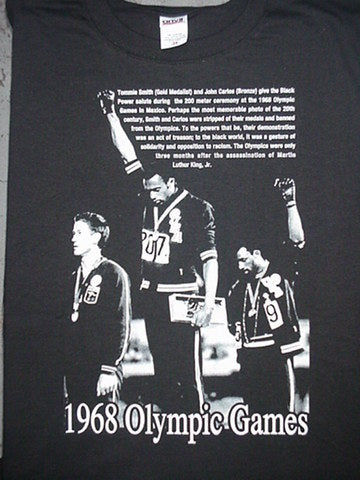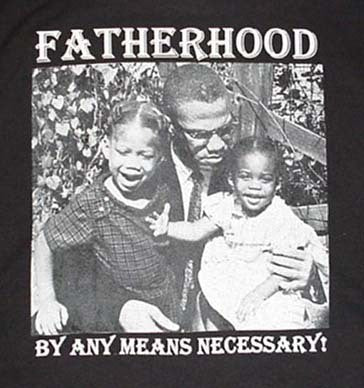
Mausiki Scales
Mausiki Scales and Common Ground - The Water Brought Us
When contemplating the origins of Black music in America much consideration is given to work-songs, the blues and spirituals. But what could be said of the antecedents of these early expressions?...let’s consider Africa, the tap-root of African American culture. Despite the stereotypes and misinformation about our heritage – Africa is our Common Ground.
Enslaved Africans in early America found themselves recreating the music they brought with them from Africa as they faced many challenges. One example is the Stono slave Rebellion in South Carolina. In 1739 a group of enslaved Angolans carried out a revolt, under the leadership of a brother named Jemmy. A drum was used to communicate the message of resistance to Blacks on neighboring plantations. After this revolt was quelled, whites established laws that prohibited Black from playing the drum. Of course this was not enough to suppress African cultural forms from manifesting and evolving. Drums were hidden and used at various times; there was also handclapping, beat-boxin’, hambone & juba pattin’... the beat goes on. African instruments survived (banjos, didley bow, zithers etc.) Black music traditions continued and evolved. Old styles prevailed and new styles emerged. Although some have gone so far as to deny the cultural ties between African and African Americans, it is of no surprise to find so many “carryovers” or “Africanisms” that point to the African origin of Black music: call & response patterns, participatory/community -ritual drama, heterophony, Blue notes, styles of delivery and polyrhythmic complexity. Despite four centuries of slavery and displacement Black music has remained unique…Black music kept shining.
Interestingly, we also see unique black musical approaches cultivated in the Americas, inspiring contemporary African traditions. Despite 200 hundred years of European imposed colonialism in Africa (mass imposition of European cultural practices and ideas), African popular music seems to consistently draw inspiration from all over the African diaspora: the beginning of the 20th century one could see Big Band Jazz and Swing in South Africa; during the 1930-40s, Rumba, Samba in West and Central Africa; 1950-60s Calypso & Afro-Cuban, throughout West Africa; late 60 & 70s Soul, Funk from Ethiopia all the way to Mali and Nigeria (think James Brown!), 1980s Reggae all over the continent; the 1990s to the present HipHop and innovations in the Blues-Mali (full circle!!!)...and the river continues to flow… I have a joke I tell my students, “only Black people have family reunion T-shirts”...because we invented the Family reunion, right;)...we should consider this project a “Black Music Family Reunion”...with representation from Atlanta, Ghana, New Orleans, Mali, Senegal, Nigeria, Haiti, Jamaica, Burkina Faso, South Africa, Gary, Indiana-(the chocolate cities) ...the African World.
The Water Brought Us is about connections, shared ties and shared experiences -it honors the dynamism, spirit and vitality of Black musical expressions and their ability to thrive even under some of the most challenging experiences. This music consciously vindicates the African element in Black music. The Water Brought Us is Common Ground’s ode to the Motherland and the African Diaspora.
Mausiki Scales



